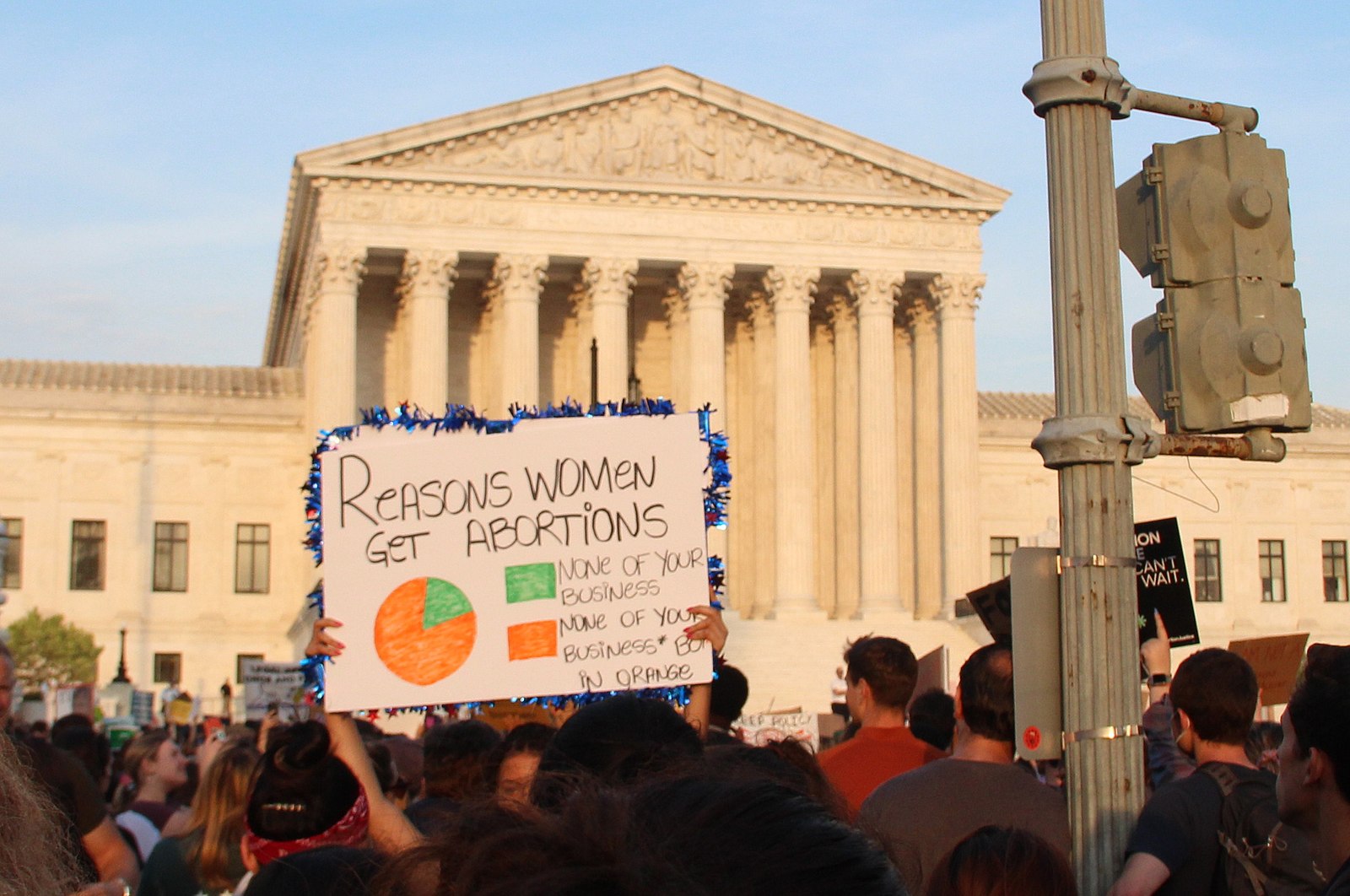
Shaping Change at the End of Roe v. Wade
Many say iconic science-fiction novelist Octavia Butler was a prophet. I say she was a truth-teller. I am currently re-reading her brilliant dystopian novel Parable of the Sower and, I keep thinking about the importance of shaping and adapting to change. We’re in a curious time. It feels like we’re descending further and further into darkness, particularly at the hands of the Supreme Court, the institution which, in our lifetime, was supposed protect our civil liberties and rights. This summer has felt like whiplash—left and right, SCOTUS has curtailed and eroded critical civil rights protections. In one week alone, they started with critical Fourth Amendment protections, then, they ruled that states cannot regulate firearms (on the heels of two mass shootings targeting Black folks and children, no less). Then, they overturned Roe.
I feel devastation, sorrow, rage, and despair. I feel fear deep in my belly. I’m afraid of this court’s impact for generations to come, knowing that Justice Clarence Thomas explicitly called for the Court to re-examine its rulings in Griswold, Lawrence, and Obergefell (notably, he was silent as to Loving v. Virginia). His call, during a surge of state-sponsored restriction on trans healthcare, and a wave of gun violence targeting marginalized people, feels less like an outlier and more like part of a massive backlash, responding with brutal force to the modicum of progress we may have made in recent years thanks to those SCOTUS rulings that now feel shaky.
Our descent into darkness, into illegitimacy and inhumanity, is like a monster locked up in the basement. As much as I want to, I know I can’t turn away. I can hear the monster groaning. I am curious about what’s in the basement, yet I can’t force myself to walk down the stairs into the unknown. However, I know that if we’re to survive, eventually we must look.
What’s our monster in the basement? It’s racism, misogyny, white racialized and weaponized violence. It’s coercion, control, and power. The monster calls to us, asking us what it truly means to be American. Are we really the land of the free and the home of the brave? What would such a land look like? The monster asks us to come, step into the darkness, and find the answers to the questions that, if unanswered, will continue to keep us stuck.
What does it mean to be an American, in a country where our highest institutions can take rights away with the stroke of a pen? What does it mean to yearn for freedom in a country where our politicians spend billions funding the police and war, yet turn out empty pockets when asked to fund education, paid maternity leave, and programs that support thriving, happy, and healthy families and communities?
To me, a Black, Jewish, queer, and first-generation American, whose mother came to this country seeking opportunity and access, freedom would actually look like the unrestricted and unfettered right to vote. It would look like a true democracy that isn’t constantly teetering on the edge of collapse. Freedom would look like me leaving my home, without the fear of being shot dead by the police or the latest mass shooter (and we know there will be many more, especially now that states can no longer regulate guns). It would look like access to public toilets, housing for the unhoused, green spaces, basic health care no matter where I worked, and schools with working heat and AC.
The monster in the basement tells me that the American experiment has been an utter failure. But Octavia Butler reminds me that “God is Change,” and that we have the opportunity to co-create and, indeed, change this world. This America, SCOTUS’S America, is actually one that marginalized people like me have always known existed.
We, like Octavia Butler, have also been this country’s truthtellers. Through our stories that reveal the true nature of this country and describe our resistance, we constantly hold up a mirror to our collective reflection. From Frederick Douglass and Harriet Tubman to white co-conspirators like Anne Braden, we cajole this country to bridge the chasm between who we are and who we seek to be. In the grand scheme of things, this country’s history is short.
Our country’s short history has been violent, traumatic, and devastating. And it’s also been filled with stories of collective hope, resistance, and adaptation to change. Our story isn’t over. As I call on the magic of my and our collective ancestors, I know that we have the courage to go into the basement, pull the monster out, and force it into the light. We have not lost our agency. We have the power and opportunity to shape change, thereby shaping our story and our collective future. But first, we need to summon the courage to open the door to the basement and ask ourselves: What does it mean to be an American? What will it take to be truly free? Only then will we be able to pull the monster out and force it, and ourselves, into the light. Our story isn’t over.



